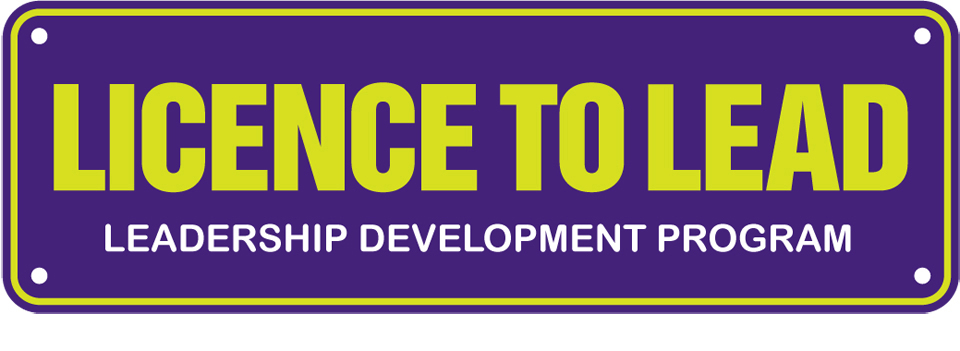WHY YOU SHOULD SAY "NO" MORE OFTEN
 Thursday, January 26, 2017 at 2:53AM
Thursday, January 26, 2017 at 2:53AM 
In his book Essentialism, Greg McKeown encourages us to discern 'the essential few from the trivial many'. He recommends focusing only on essential tasks, those things that make the highest value contribution to achieving our vision or purpose. (By the way, its a great read / listen. I highly recommend it).
In order to make your highest value contribution, you need to say "No" more often.
You should say 'No" when ... you are saying "Yes" just to be nice or please someone else. We all want to be liked, but we will create a difficult situation if we become a "Yes person". Leaders need to get comfortable with not being liked.
You should say 'No" when ... you know that saying "Yes" will set you up for failure. When you know you can't deliver on what is being asked, you have to either decline or negotiate a different time frame. This isn't being rude, just assertive.
You should say 'No" when ... you know that the task is not your highest value contribution to your vision or purpose. You have a responsibility to be as productive and efficient as possible and being caught up with tasks that someone else could do defeats this purpose. Delegation is the key here.
You should say 'No" when ... being authentic is important to you (and it should be). Saying "Yes" when you know you should be saying "No" means that you are compromising your values. Being authentic sometimes means pushing back.
You should say 'No" when ... you need time to think, create, plan, recharge. We can't be at our best when we are too busy. We need to eliminate non essential activity and focus on 'protecting the asset', as Greg McKeown puts it. Don't feel guilty about looking after yourself.
Saying "No" to a lot of things means that you are saying "Yes" to just a few, but it is the laser sharp focus on the most important stuff that the best leaders apart.




